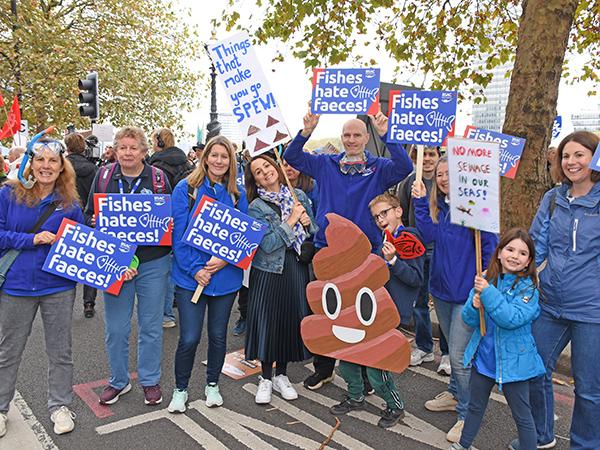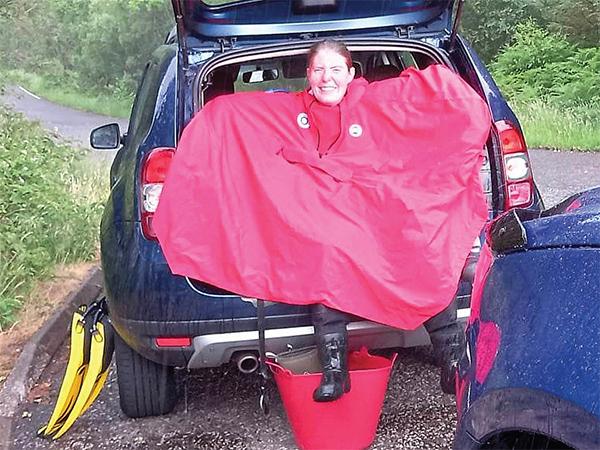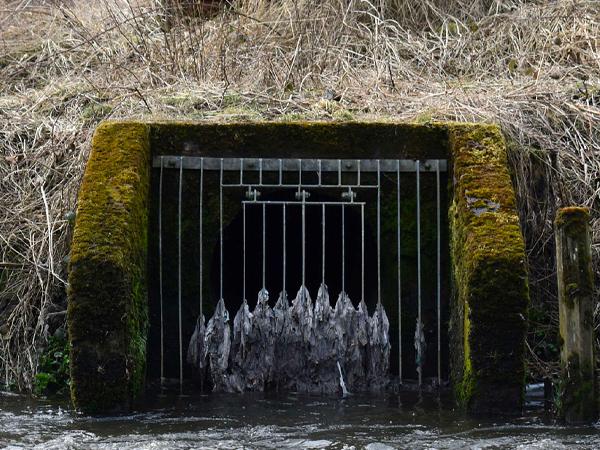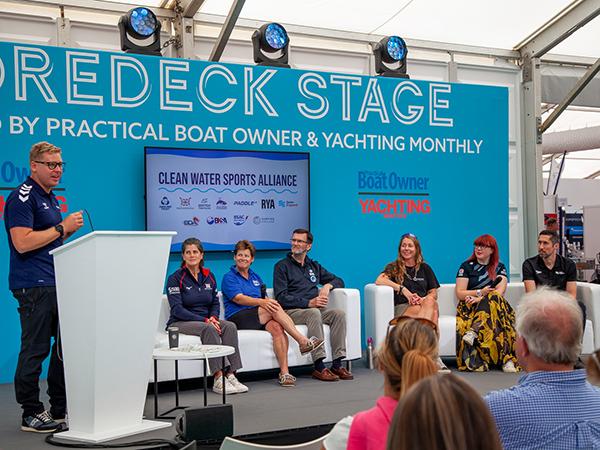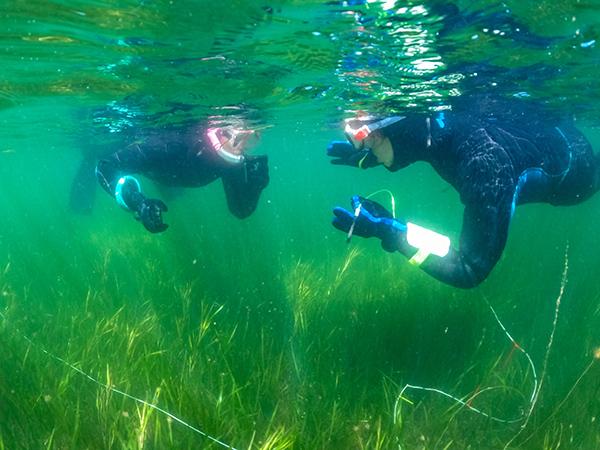The safety of all divers is paramount on every underwater litter pick dive.
When planning and diving an underwater litter pick, always ensure you adhere to the usual safe diving practices before adding specific skills to accomplish the underwater litter pick.
Before entering the water
- Review the safety notes with all participants and inform them of emergency procedures.
- Identify the location and area to be cleaned – if possible this should be marked with SMBs prior to the clean-up.
- Take a reading of your position – if carrying out your clean up from the shore, make a note of the grid reference and beach name or, if from a boat, note the GPS location and name of the dive site.
- Organise teams of divers into buddy pairs. One of each pair should be tasked with picking up the litter and noting down any sharp or hazardous objects on a dive slate. The other diver should carry the bag of collected litter. These roles can be rotated during the dive.
- Inform divers of the underwater litter pick techniques to be used (see ‘once in the water’).
- Set a time for ending the dive – when all divers should be back at the surface.
Once in the water
Collect items within the agreed area using one of the following techniques:
- Follow a depth contour for a set number of fin kicks or set time in a slow drift
- Follow a pre-positioned measuring tape or pre-measured lengths of weighted line
- Collect litter within 1-5m of the line, depending on visibility
- Place sharp items in a container, or leave in place.
- Leave larger items where you find them unless suitable lifting equipment and boats are available and divers are experienced in using them – see Marine licensing guidance.
- Do not fill bags to such an extent that they become cumbersome or affect your diving ability.
- Record any items you have left on the seabed, using a dive slate.
- REMEMBER – at all times stay aware of conditions, depth, your gas supply, your buddy and your bearings and DIVE YOUR PLAN.
After your underwater litter pick
- Promote your efforts – take pictures of the dive team with the rubbish collected and post on your social media. This will help inspire your club members to get involved in the next one and show potential members the variety of diving you do.
- Inform the authorities – Coastguard and local authority – of any items which may be hazardous to divers, navigation or fishermen.
- Ensure the litter is disposed of safely e.g. don’t leave bags beside council litter bins.
- Inform the Environment Agency or Scottish Environment Protection Agency of any pollution incidents. Pollution hotline: 0800 807060.

